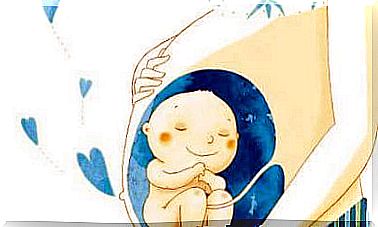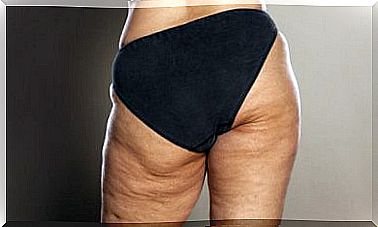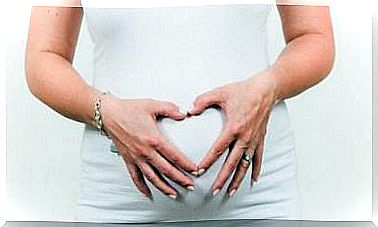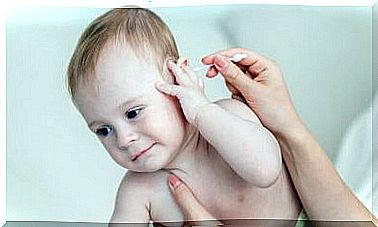Breast Tenderness: Causes And Treatment – I’m A Mom
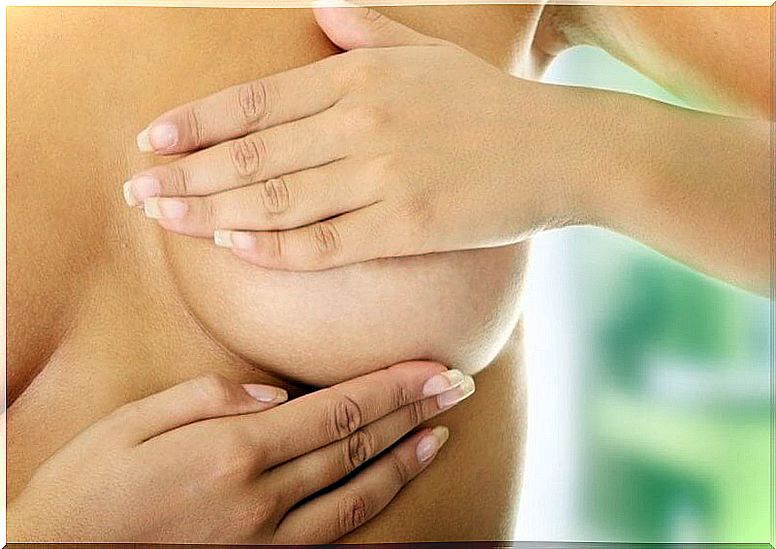
Breast tenderness, also known as breast tenderness, occurs in the breast tissue and can produce a lot of pain or discomfort. In addition, it causes discomfort in the woman, especially when she performs movements, as well as a feeling of heaviness or breast enlargement.
Some women when they feel this pain in one or both breasts feel scared and think it might be breast cancer. However, this is not a symptom of cancer. This sensitivity can occur for a variety of causes.
Causes of breast tenderness
Breast tenderness in some cases is normal. Pain and discomfort can occur due to various hormonal changes, such as:
puberty
This sensitivity can show up in girls as new breast tissue and fluctuating hormones are developing. This pain can be sporadic or continuous, and usually disappears when breast tissue stops growing and hormones stabilize.
the menstrual cycle
During menstruation, breast tenderness is likely to be present, since at this time the body produces more estrogen, which peaks before mid-cycle.

the pregnancy
At this stage, a woman can feel very sensitive, especially if she is very young pregnant or if it is her first pregnancy.
This is quite normal as the breasts increase in size. In addition, it is common to notice blue veins, which indicates increased blood flow.
breastfeeding
This sensitivity or pain can also appear when a woman gives birth. This pain can appear both if the woman breastfeeds the baby and if she does not. In the latter case because the breasts are full of milk. If the pain does not go away, it could be a symptom of mastitis.
Mastitis
It is common in breastfeeding women and occurs when milk secretion does not flow properly and accumulates. This could be due to an infection caused by a virus or fungus. On the other hand, the breast is red, it hurts a lot and the woman may have a fever.
The medicines
In some women it may be the result of a normal side effect of a medication they are taking, such as birth control pills and hormone replacement pills, as they alter the amount of progesterone and estrogen in the body.
breast cysts
Cysts are small pockets that form inside the breasts and fill with fluid. They usually appear when the mammary glands increase in size.
In most cases they are usually benign and require mammograms or ultrasounds to be detected. However, when they are very large, it is possible to feel them.
breast abscesses
This is due to the accumulation of pus in the breast tissue and can cause breast pain and tenderness. A woman may experience soft lumps caused mainly by bacteria entering through cracks in her nipples.
If you feel this, it is a good idea to consult your doctor for appropriate tests.

The bra
Many women don’t think that breast tenderness can also be caused by the bra, as most end up buying the wrong size for their breasts. That’s why it ‘s important before you buy to know what your correct size is to avoid back pain and tenderness.
Treatment for breast sensitivity
There are several treatments to relieve breast pain. Among them are the ones we propose below:
- Apply cold compresses to breasts. This can help reduce swelling and pain.
- Breast heat therapies. The heat will not only relax you, it will also relieve the pain.
- Limit or avoid caffeine. This substance can also be the cause of sensitivity.
- Take vitamin E, B6, B1 and iodine. These nutritional supplements can help you fight breast tenderness and relieve any pain.
- In case of severe pain, you can take pain relievers such as aspirin, ibuprofen or paracetamol.
- Avoid bras that squeeze your breasts. If you wear bras that support your breasts properly, you can alleviate the pain.
Anyway, breast sensitivity is very common in women and can be caused by many causes. However, you can try out various treatments to see which is best for you and relieves your pain.
If your sensitivity doesn’t improve and the pain starts to affect your daily life, see a specialist so that he can perform the necessary tests and show you what to do to relieve your pain.


